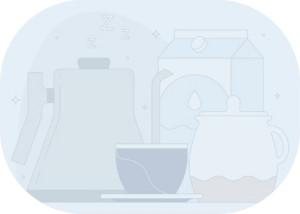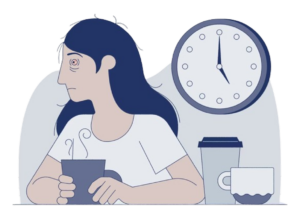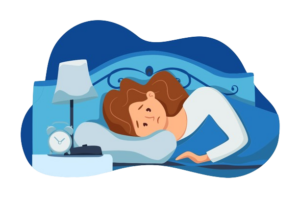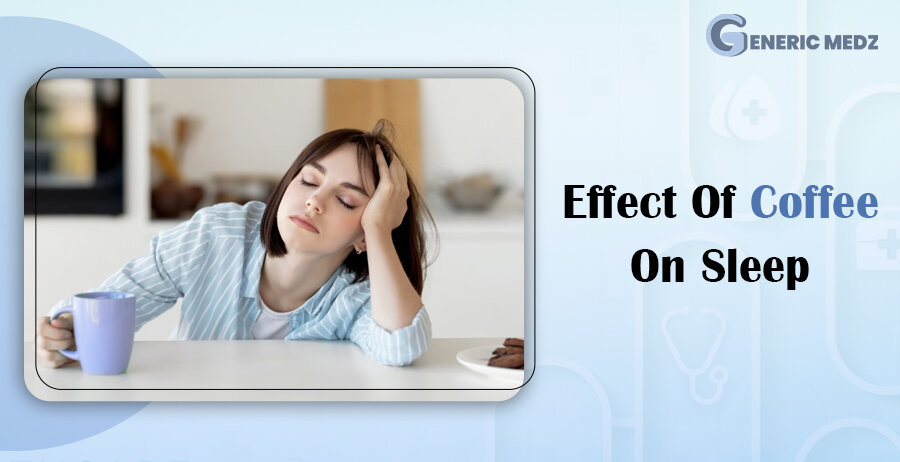Coffee is a stimulant, which means it gives you energy and improves focus pretty much how the pills of Zopisign 7.5mg deliver.
☕ Is Your Coffee Habit Disrupting Your Sleep?
One of the most widely used psychoactive drugs in the world is caffeine. Excessive caffeine consumption can lead to insomnia, anxiety, and depression.
Such patients have to get recommendations from doctors on using pills of Zopisign 10 Mg to keep up with a normal and healthy lifestyle.
🥱 What Coffee Consumption Disrupts Sleep?
Coffee can hurt sleep. Insomnia has been linked to caffeine, a stimulant. Caffeine consumption has been linked to sleep problems, including early bedtimes and early awakenings in the morning.
You may have to take Zopisign 10 Mg pills to regulate your circadian. Caffeine also increases heart rate, which may make it harder for people to fall asleep or stay asleep after consuming caffeine late at night.

Children who consume too much caffeine may have trouble falling asleep at night.
But they are more likely than adults to wake up frequently during their slumber.
Children younger than 6 years old are if you are concerned about your child’s ability to fall asleep after consuming caffeinated beverages or foods containing caffeine like tea or cola drinks.
Then try limiting how much he consumes before bedtime. it can also lead to sleep apnea, use Zopifresh 7.5mg to treat this disease.
Caffeine Affects The Body’s Sleep Cycle
When caffeine enters your bloodstream, it blocks adenosine receptors in the brain so that you don’t feel tired. However, if you consume more than Zopisign of caffeine per day.

This may cause insomnia or narcolepsy which forces you to use pills of Zopisign 7.5mg.
which help regulate sleep cycles making it harder for us to fall asleep or stay asleep throughout the night.
If this is not possible for whatever reason, try limiting yourself to one cup per day or less.
Another option is to choose a decaffeinated blend instead of regular coffee.
Drinking Too Much Coffee Can Cause Insomnia
The body’s response to caffeine is affected by how much you drink, how quickly you drink it, and what kind of food you eat with coffee.

Coffee can disrupt a natural circadian rhythm and cause insomnia.
Caffeine is a stimulant that can keep you awake, even if you don’t want it to.
If you drink coffee before bedtime or try to go back to sleep at night drinking coffee.
it can cause headaches and other symptoms of withdrawal that make getting quality rest difficult.
Caffeine is a stimulant that can keep you awake when taken in large amounts over time. It also causes anxiety if not taken in moderation.
Which may contribute to insomnia problems for weeklong periods after consuming large amounts of caffeine. Insomnia patients can try medicines like Zopisign 7.5mg for treatment.
📝 Conclusion
Coffee intake may be a good idea for you. But if you are sensitive to caffeine or suffer from insomnia, it might not be the best choice.
If you choose coffee as your go-to drink before bedtime, consider decaf or another source of caffeine but far less than what’s in regular coffee.


